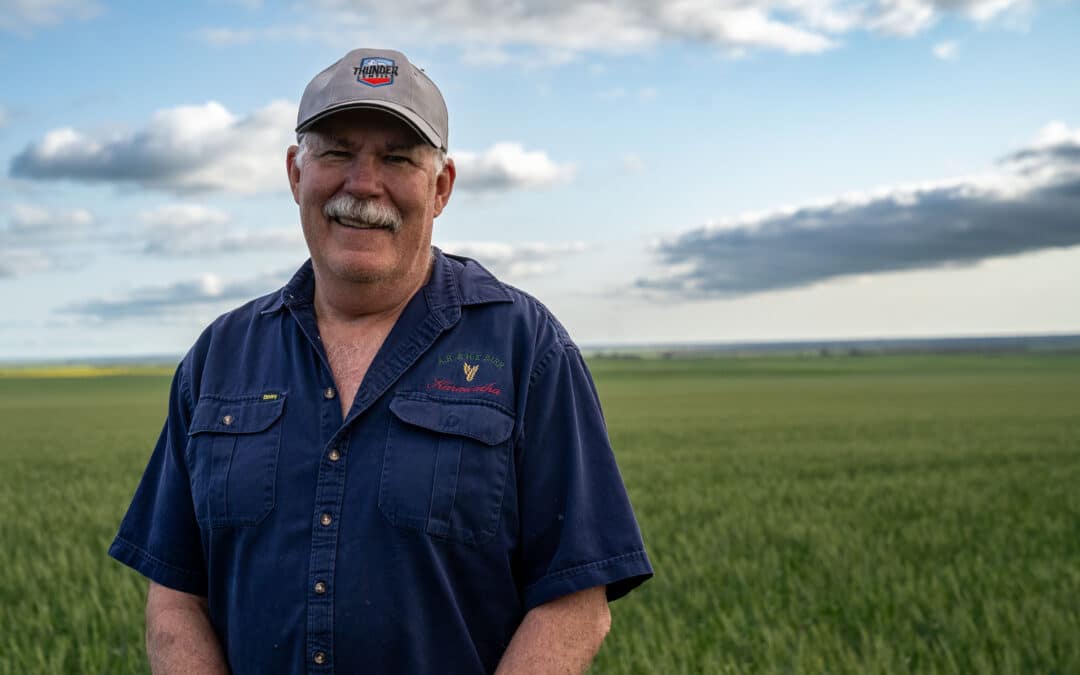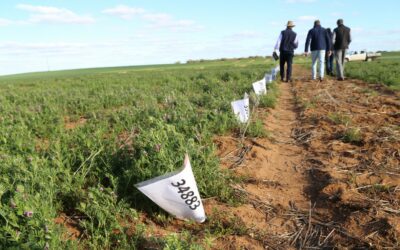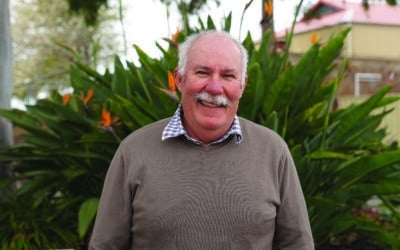South Australian researchers will investigate crop topping at reduced rates of paraquat following the announcement of proposed restrictions on the widely used chemical by the Australian Pesticides and Veterinary Medicines Authority (APVMA).
Current practices of crop topping lentils and faba beans in SA typically involve the application of paraquat at rates of 800 millilitres per hectare or higher, applied just prior to crop maturity, followed by harvest between 5 to 10 days later.
However, the APVMA’s proposed changes of a reduction in the allowable rate of paraquat to 400ml/ha and increase in the minimum withholding period to 14 days means current practices will no longer be allowable.
To investigate the impact of the proposed changes and alternatives available, the South Australian Grain Industry Trust (SAGIT) has funded an out-of-session project which will see University of Adelaide researchers examine potential options for crop topping at reduced rates of paraquat.
SAGIT chair and Pinery grain grower Dr Andrew Barr said SAGIT recognised the importance of enabling these trials to take place in the current season to ensure growers can plan cropping and spray programs ahead of the proposed changes in 2025.
“The APVMA’s proposed changes will have a significant impact on the options available for crop topping in pulse crops, such as lentils and faba beans,” he said.
“SAGIT immediately identified the proposed changes to paraquat use as a major challenge to sustainable pulse growing.
“We recognise advocacy and debate on the future of paraquat is the role of Grain Producers SA and federal grower representative bodies such as Grain Producers Australia and Grain Growers Limited.
“At SAGIT, our role is to support research into alternatives for farmers to the current use of high rates of paraquat for crop topping pulses.
“When presented with this application, the trustees unanimously voted to fund this urgent out-of-session project to start finding alternative management options.”
Crop topping and desiccation are well established techniques used for managing weeds and optimising harvest efficiency in pulse crops.
Senior Researcher with the University of Adelaide’s Weed Science Group Dr Jenna Malone will manage the project, with AgXtra contracted to set up the field sites.
Dr Malone said crop topping targeted late-emerging weeds with the aim of preventing seed set or reducing seed viability.
“At the same time, the application of paraquat helps to synchronise moisture levels for a uniform harvest. This is particularly crucial for lentils, where even moisture content is vital to prevent seed shattering, and for faba beans, where uniform ripening enhances harvest efficiency,” she said.
“Using only half the current rate of paraquat may mean that appropriate desiccation is not achieved, and the extent by which ryegrass seed set or seed viability can be reduced could also be affected.
“The increased 14-day withholding period could also lead to an increase in crop loss due to pod drop.
“Being able to test some alternate strategies this season will hopefully mean that, if the use restrictions do come into effect at the beginning of next year, we can have some new information and options in place for growers ready for next season.”
Through four field trials and a pot trial prior to the 2024 harvest, researchers will assess the efficacy of potential alternate options for crop topping, without or in combination with the reduced rate of paraquat.
A higher rate of paraquat, that may potentially be allowable under the proposed changes, as well as alternate options, such as an organic acid, will be included.
The field trial will focus on lentils and faba beans, which will be assessed for time to brownout, efficacy of ryegrass seed set control and crop yield. There will be two field sites, one in a low-rainfall zone and one in a high-rainfall zone.
In addition to the field trial, a pot trial will also be conducted at the Waite campus. The pot trial with have a narrower focus, using a selection of treatments, and will focus on application timing and efficacy of ryegrass seed set control.
Outcomes from the research will be communicated to growers. Anyone interested in learning more about the research can contact Dr Jenna Malone on [email protected].
The APVMA’s final decision on the use of paraquat is expected in February 2025.
ENDS




